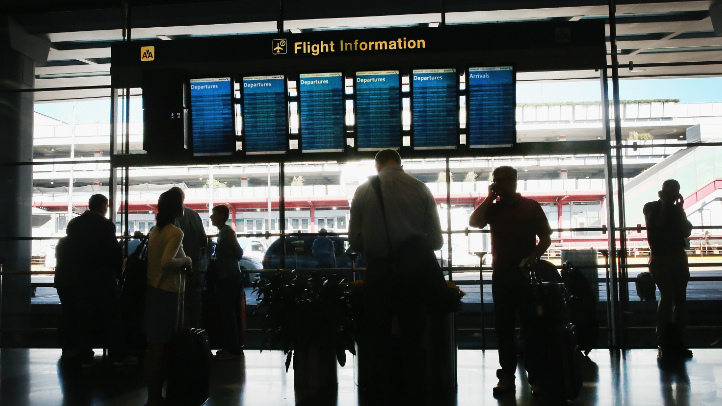It's a joint effort.
Monday, Cook County commissioner John Fritchey (with other elected officials in tow) took his long-standing campaign to legalize pot to downtown Chicago, where he staged a press conference requesting the state put together a team to explore the commercial benefits of lifting the ban on recreational marijuana.
"It is well past time to recognize that the so-called 'war on drugs' has been a misguided failure with respect to marijuana laws and policies," said the Democrat in a statement. "The Illinois Legislature should follow the successful lead of other states and start taking meaningful steps toward a workable framework to allow the responsible sale and use of cannabis."
Putting the pressure on Springfield, Fritchey's remarks refer to Colorado and Washington state's experiment in legalizing the sale of pot amid shifting social attitudes toward marijuana laws including the perception that arrests for pot possession are overzealous, expensive and disproportionally target people of color. (The U.S government, meanwhile, prohibits the drug.)
Colorado, which authorized the opening of retail pot stores in January, has thus far amassed $7.5 million million in tax revenue from recreational and medical marijuana sales, reports the Colorado Springs Gazette. The money has been earmarked for school construction, medical treatment and anti-pot programs aimed at children.
Here in Illinois, a bill recently proposed by state representatives Robyn Gabel and Sara Feigenholtz -- who similarly urge state-approved research on the un-banning of marijuana -- pends the review of the House Rules Committee. Three other bills to decriminalize pot possession state-wide also remain in limbo.
According to the Reader, a 2013 report from the American Civil Liberties Union (ACLU) revealed that the state was shelling out upwards of $200 million per year on misdemeanor pot arrests that, all told, have cost taxpayers about $80 million in legal and law enforcement fees.
Local
State health officials are holding two public hearings -- one in Chicago on May 5, and the other in Springfield May 21 -- on proposed rules for how adult patients will be able to buy the drug under Illinois' four-year medical marijuana pilot program.
As in Colorado, regulating medical marijuana could pave the way for a successful transition into selling -- and taxing -- recreational pot.
Stripping resources from the black market to legal retail would create an instant revenue stream at a time when the state faces an uncertain (translation: bleak) fiscal future, not to mention increasingly low expectations from weary taxpayers who designate Illinois as "the worst possible place to live."
Let's take a no-risk, no-reward view as well as a cue from our friends out West: Don't just legalize pot. Enterprise it.



